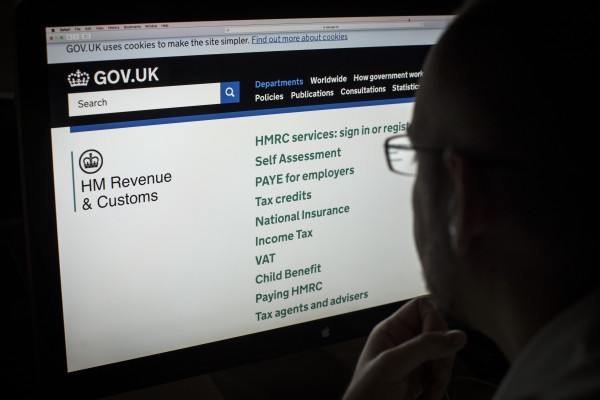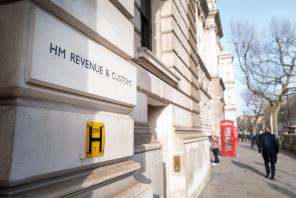

HM Revenue and Customs has changed the information it seeks from pension providers, which some say points to a crackdown on serial promoters.
Pension administrators must now provide information on how many times they have been approached by one individual, in a move which could help HMRC identify patterns of behaviour that could lead to scams.
Nathan Bridgeman, director at Obsidian Pension Administration, first noticed the change when filling out an information notice from the tax authority in order to establish a small self administered scheme (Ssas).
But HMRC has since confirmed the change applies to all schemes.
Mr Bridgeman said the notice specifically asked for firms to detail “how many schemes you have been instructed to set up and register with HMRC by this person” before it would register the scheme.
He welcomed the move. He said: “Obsidian welcome this development from HMRC. It is a progressive move and helps to establish patterns of business that will ultimately contribute to consumer protection.
“Genuine Ssas providers that have skin in the game and act as scheme administrators and professional trustees have nothing to fear from this standard request and should welcome it.”
Others in the industry also welcomed the move saying it would make it easier for the authority to notice patterns.
Martin Tilley, pensions director at Hurley Partners, said: “It is a logical additional question to help them assess patterns.
“Combined with their enquiries about first year's investments it will help identify serial promoters of investment products."
“The primary objective of every new Ssas should be the provision of retirement and death benefits first and not simply a vehicle created to access a particular asset."
But he added: “Whilst I have no issue with the checks that HMRC require, they are however often duplicating the efforts of the Ssas practitioners who should be monitoring business sources for prudence in exactly the same way as Sipp providers do.”
An HMRC spokesperson said: “This change was a routine update to the information notice as part of the information HMRC gathers for all pension schemes.”
Richard Mattison, director at Whitehall Group, believes HMRC is “refining its approach to try and identify potential scam cases”.
He said: “There are two possibilities: one where the same company is being used to establish multiple schemes for different individuals – all of whom will be subject to some sort of scam and secondly where a registration application has already been rejected so the client tries again with a different establishing company.
“It is so sad that people keep trying to cheat the tax system or target people’s pension savings with scams. It tarnishes the whole market and causes delays and unnecessary complication for legitimate firms.”
HMRC changed its process for new pension scheme registration applications in 2013.
Since then applications have been fully risk assessed before a decision is made on whether or not to register the scheme.
The Finance Act 2014 also contained a number of changes to combat pension liberation, including new powers to enquire into new registrations where HMRC suspects the scheme is involved in pension liberation.
Only once the scheme has been formally registered can contributions be made to it.
amy.austin@ft.com
What do you think about the issues raised by this story? Email us on fa.letters@ft.com to let us know



